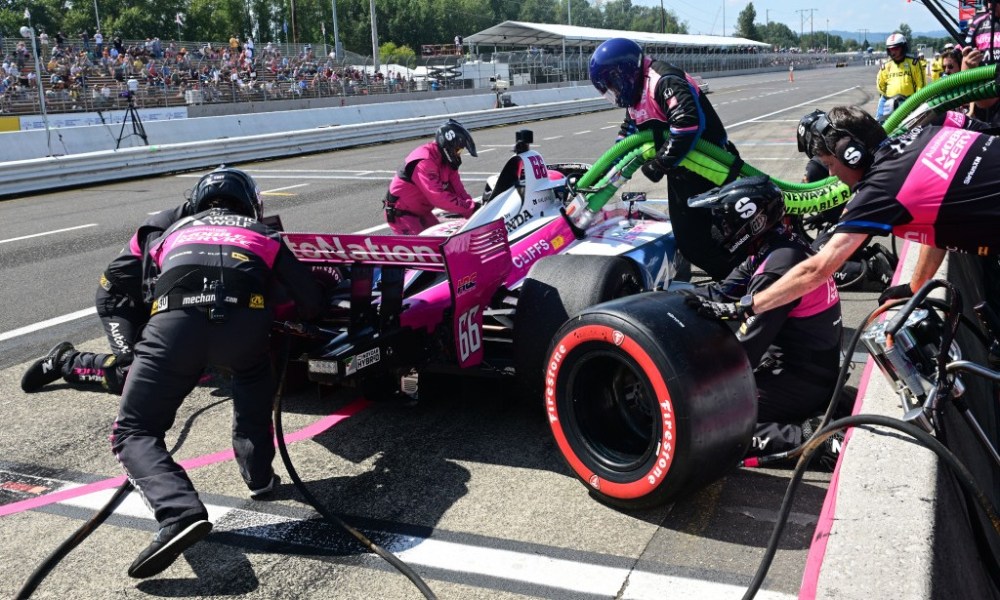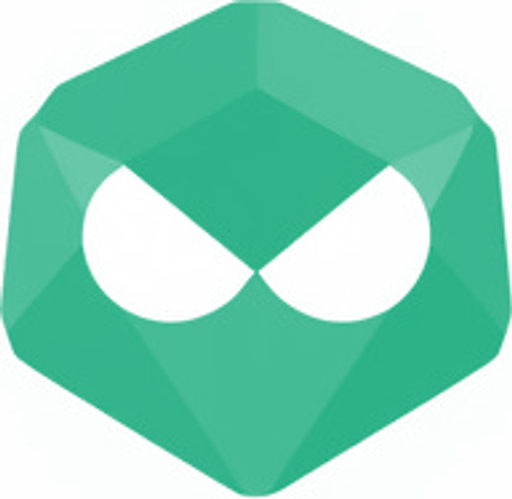
Meyer Shank Explores Professional Pit Crews for IndyCar Racing
IndyCar powerhouse Meyer Shank Racing is exploring the potential use of specialized fly-in pit crews, similar to NASCAR's approach, to enhance their race day performance. Team co-owner Michael Shank believes this shift could provide a competitive edge in the increasingly tight IndyCar field.
While typical IndyCar pit stops last around eight seconds, the growing popularity of "short fill" strategies—where cars aren't fully refueled to save time—makes every fraction of a second crucial. Professional pit crews, potentially composed of former D1, D2, and D3 athletes, could deliver these critical time savings.

Pink IndyCar on racetrack
The concept isn't entirely new to Indianapolis racing—the 1965 Indy 500 saw Lotus employ NASCAR's Wood Brothers pit crew to help secure Jimmy Clark's victory. Today, some IndyCar teams already utilize specialized crew members for specific positions, though not entire crews.
Key benefits of dedicated pit crews include:
- Faster, more consistent pit stops
- Reduced physical demands on full-time mechanics
- Potential competitive advantage during "short fill" situations
- Enhanced overall team performance
However, Shank acknowledges potential challenges:
- Additional costs requiring budget reallocation
- Impact on team dynamics
- Current crew members' attachment to pit stop duties
"It's trying to creep in," Shank told RACER. "Now I'm trying to figure out ways to pay for it." The team is carefully weighing the performance benefits against the cultural impact, as approximately 70% of current crew members genuinely enjoy their pit stop duties.
While no final decision has been made, Shank expects this transition to become more prevalent across IndyCar teams over the next couple of years, marking a significant shift in how teams approach race day operations.
